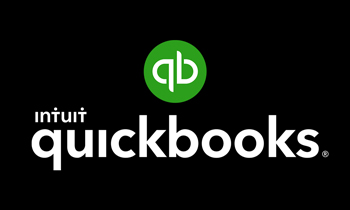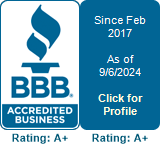Bankruptcy Basics
Submitted by UDALL CPA Group on October 19th, 2018While never an easy decision, filing bankruptcy can provide immediate assistance to those struggling to pay their debts. A long, sometimes complicated process, filing bankruptcy should never be the first solution to manage debt, but can provide a way to start over, free from overwhelming debt.
The two most common types of bankruptcy filed by individuals and married couples are Chapter 7 and Chapter 13.
Chapter 7 Bankruptcy
The majority of people that file for bankruptcy do so under Chapter 7. Chapter 7 eliminates the majority of unsecured debt that people owe such as credit card and medical bills. As a liquidation bankruptcy, filing Chapter 7 means that filers no longer have to pay back any balances owed, and no repayment plan is required. However, because of the Bankruptcy Abuse Prevention and Consumer Protection Act that was passed in 2005, there are now income requirements in order to file Chapter 7. If your income levels are too high, you will be required to file under Chapter 13 instead.
One of the most impactful benefits of filing Chapter 7 that you’ll see immediately is the cessation of creditor calls, as they are prohibited, once bankruptcy has been filed. Bankruptcy law protects exempt assets such as your home, car, pension, and retirement, but property such as bank accounts, stocks, a second car, or a second home are considered nonexempt, and may be seized and sold in order to pay creditors any balances owed.
Chapter 13 Bankruptcy
Chapter 13 is considered a reorganization bankruptcy, which is designed for those that have more disposable income each month. If you don’t meet the income requirements for Chapter 7, you can move to a Chapter 13 filing which allows for the repayment of debt (full or partial) through a repayment program that is generally 3 to 5 years in length.
One of the major differences between Chapter 7 bankruptcy and Chapter 13 bankruptcy is that you can keep any and all assets in a Chapter 13 bankruptcy. Another major difference is that in a Chapter 13 bankruptcy, you can catch up on any missed mortgage payments, where in Chapter 7, you cannot.
If considering filing bankruptcy, it’s important to be aware what debt bankruptcy does not cancel. This includes:
- Federal and state taxes owed
- Federal student loans
- Alimony and child support
- Any debt incurred after bankruptcy has been filed
Along with Chapter 7 and Chapter 13, there are other forms of bankruptcy, including Chapter 11, which is a reorganization bankruptcy typically used by commercial entities that wish to continue operation while reorganizing outstanding debt. Chapter 12 bankruptcy is available to family farmers that is similar in scope to Chapter 13, allowing farmers to continue to operate while paying back debt over a period of 3-5 years, provided that the farmer has a regular annual income. There is also a Chapter 9 bankruptcy, which applies only to cities, towns, villages, and counties, with a structure similar to Chapter 11.
If you’re considering bankruptcy or have questions, it’s best to consult a legal professional who can provide answers and guide you through the process.
Resources
https://www.debt.org/bankruptcy/
http://www.the-bankruptcy-directory.com/overview.html
*This content is developed from sources believed to be providing accurate information. The information provided is not written or intended as tax or legal advice and may not be relied on for purposes of avoiding any Federal tax penalties. Individuals are encouraged to seek advice from their own tax or legal counsel. Individuals involved in the estate planning process should work with an estate planning team, including their own personal legal or tax counsel. Neither the information presented nor any opinion expressed constitutes a representation by us of a specific investment or the purchase or sale of any securities. Asset allocation and diversification do not ensure a profit or protect against loss in declining markets. This material was developed and produced by Advisor Websites to provide information on a topic that may be of interest. Copyright 2014-2018 Advisor Websites.



